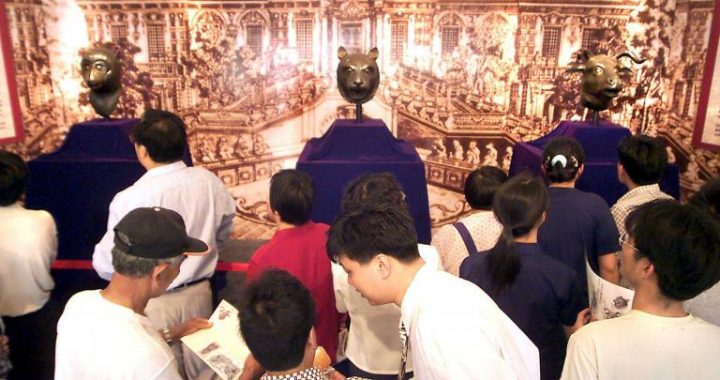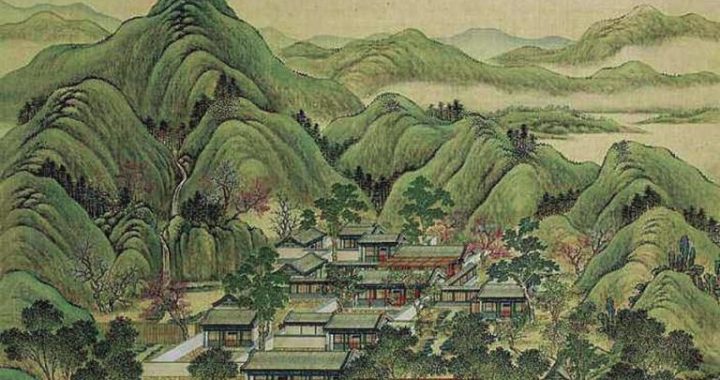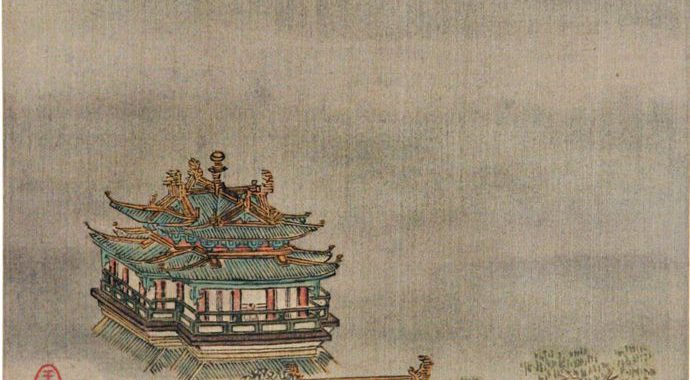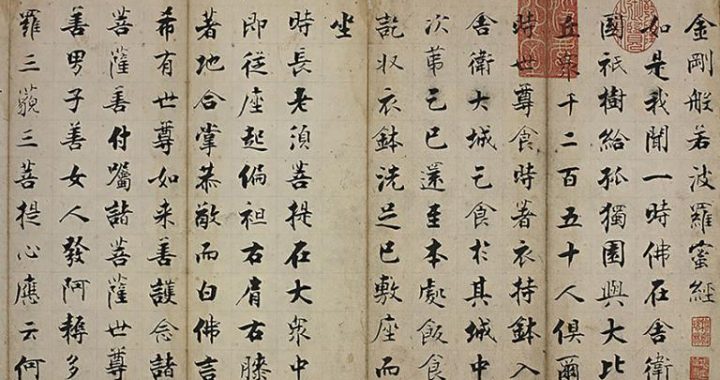Establishment of Four Prefectures and Two Passes and Cultivation and Garrison in Dunhuang
3 min readEstablishment of Four Prefectures and Two Passes and Cultivation and Garrison at the Frontiers
With the Xiongnu’s defeat and the Han’s authority over Hexi,the empire adopted the administrative and military measures of establishing the four prefectures(Wuwei,Zhangye,Dunhuang and Jiuquan)and two passes to reinforce its control.

Under Dunhuang were six counties:Dunhuang,Ming’an,Xiaogu,Yuanquan,Guangzhi and Longle,approximately covering part of today’s Dunhuang city,Anxi county,Aksai Kazak Autonomous County and Subei Mongol Autonomous County with an area of around 80,000 square kilometers.
The Han dynasty took a series of political and economic measures to guarantee the security of Hexi under its control and expedite its development.Soldiers weregarrisoned to open up the land,the Great Wall was extended to strengthen defense,beacons were built and its working system established,and a posthouse named Xuanquanzhi was set up for both military and civil purposes.
In addition to the four prefectures,the Yangguan Pass and the Yumenguan Pass were constructed along the Han dynasty Great Wall.
In the Han dynasty,beacons in Dunhuang were set at intervals of 2 to 10li.So in a distance of 300 kilometers along the Great Wall in this region,according to the field research made by Li Zhengyu of Dunhuang Academy,over 120 beacons were built.According to the Han official hierarchy,a beacon was equiped with a staff of approximately a dozen clerks and soliders with an official in charge,so together with their superiors and rear-service personnel,the military force in dispositior was estimated to be over 2,000.In addition,rigorous built-in military defense facilities and observation and communication systems were furnished and soldiers stationed for farming.This enabled the straight-way communication with the west and the development of the four prefectures and laid foundation for the economic and cultural prosperity of Hexi from the Wei to the Tang.
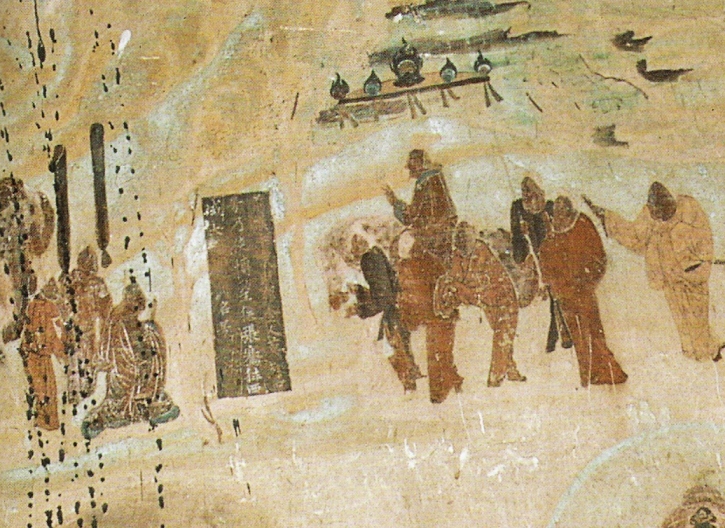
The garrison solders stationed at and along the Great Wall undertook the duty of guard,defense,land cultivation,as well as repair of barriers and other facilities.
Before the 4th year of Yuanding,Dunhuang is recorded to have begun the cultivation of wasteland by soldiers.Such earliest manoeuvres in Hexi and other areas in the Western Han were executed by garrison soldiers,an integration of military and agricultural activities.These soldiers served a certain limit of time.
Special organizations and systems were established to facilitate the management of wasteland cultivation in the Han dynasty because of the huge scale.The harvestprovided rations for frontier defense,accommodated emissaries and merchants alongthe Silk Road,and sold on the market for minor economic adjustment.It also served in relief in the time of calamities.As an important national policy,the feudal mode of production was brought into practice and the expected effect was reached.
The cultivation filled frontier granaries,swiftly improved the farming level in Dunhuang,and alleviated the heavy burden of food supply for soldiers from inland.
The soldiers served meanwhile as farmers and this greatly strengthened the frontier defense of the dynasty and curbed the depredation of the Xiongnu cavalry.


